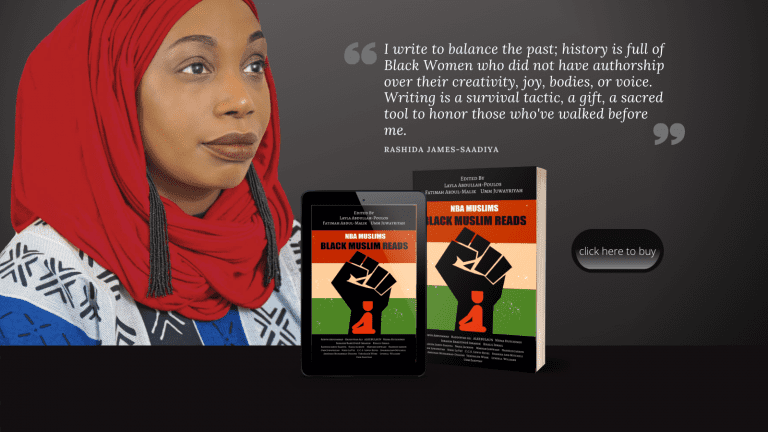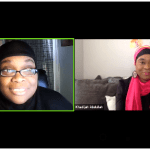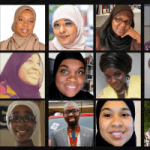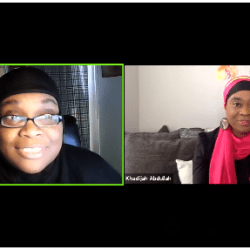Original Post: YaQutullah Muhammad – A Nutritionist Tackling Diet Culture & Promoting Prophetic Balance
When quarantine hit, I had an opportunity to move away from the conflicting dieting and Muslim cultural chatter about food. Sitting in silence with myself, I realized that I spent the past 29 years gathering information about food and faith but never made any fully autonomous decisions about what I eat and how it relates to my worship. I consider Islam as a deen, a way of life, for me. But, I was not making a productive individual assessment of food, developing better eating patterns and connecting it with prophetic tradition. I kept everything separate, until I met registered dietician, YaQutullah Ibraheem Muhammad MS, RDN, LD.

YaQutullah has a bachelor’s degree in nutrition and master’s degree in Health Sciences and Nutrition. She has studied abroad at the American University in Cairo, Egypt and at the International Islamic University in Malaysia. She is also the chair of the Religion Member interest group of the Academy of Nutrition and Dietetics and a member of the Advisory Council for Physicians Committee for Responsible Medicine on Universal Meals.
YaQutullah also develops halal-certified recipes for Halal Consumer Magazine and works with her clients on improving health outcomes related to diabetes and weight management, cardiac disease, blood pressure and cholesterol management.
One of the first things that drew me to YaQutullah is the way she interlaced Islam in conversations about health and eating. Unlike with previous dieticians, I did not encounter a social chasm when I voiced frustrations about not knowing how to optimally break my fast or trying to make a permanent shift from the salt-laden, fat-rich and sugar-packed food that comprises typical suhoor (pre-dawn) and iftar (post-fast) meals during Ramadan, ironically, a month when most Muslims probably eat their least healthiest.I asked YaQutullah to help me sift through diet culture and a few of the most-promoted eating and weight loss advice infused in discussions about food.
One of the first things that drew me to YaQutullah is the way she interlaced Islam in conversations about health and eating. Unlike with previous dieticians, I did not encounter a social chasm when I voiced frustrations about not knowing how to optimally break my fast or trying to make a permanent shift from the salt-laden, fat-rich and sugar-packed food that comprises typical suhoor (pre-dawn) and iftar (post-fast) meals during Ramadan, ironically, a month when most Muslims probably eat their least healthiest.I asked YaQutullah to help me sift through diet culture and a few of the most-promoted eating and weight loss advice infused in discussions about food.















